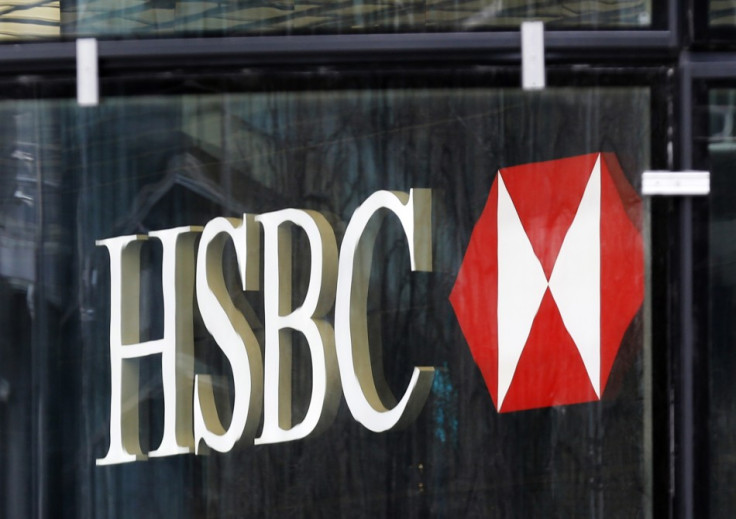Major UK Firms Find Bank Credit Cheap and Attractive- Deloitte Poll
Survey of CFOs finds improved macroeconomic conditions

Big companies in the UK are increasingly viewing banks as attractive sources of credit with loan availability and cost of borrowing staying at the best level in five years, according to a survey.
In he latest survey of chief financial officers by professional services firm Deloitte, 67 percent of respondents favoured banks for credit purposes - the highest level recorded since the survey started in the third quarter of 2007.
The CFOs were of the view that credit conditions for large companies in the country have improved, with 69 percent saying that credit availability has increased and 60 percent rating credit as cheap.
"Reduced stress in financial markets, especially in the euro area, has delivered improvements in credit conditions for big UK corporates. It is a measure of the change that CFOs now rate bank borrowing as offering a more attractive form of finance than at any time since the start of the financial crisis," Ian Stewart, chief economist at Deloitte, said in a statement.
The survey said that CFOs' perceptions of macroeconomic and financial uncertainty have dropped to the lowest level for two and a half years. Only 23 percent of CFOs are experiencing a high level of external uncertainty, the lowest level since the second quarter of 2011.
They were also positive about the euro area, despite the ongoing bailout concerns in Cyprus. The financial bosses say that there is just an 18 percent chance of the euro area breaking up in the next 12 months, compared to a 36 percent chance seen in the second quarter of 2012.
"Despite the gloomy coverage around the UK Budget and the crisis in Cyprus, CFOs believe that that the level of economic and financial risk facing their businesses has declined. Corporate appetite for risk is not far off the peaks seen in early 2011 when Europe looked set for a sustained recovery," Stewart said.
The CFO survey also found that corporate risk appetite is on the rise, with increasing numbers of CFOs willing to take risks on their balance sheets.
Earlier, the top executives adopted defensive balance sheet strategies such as cost control and increasing cash flow due to economic uncertainty. However, they have now reduced their dependence on those policies in line with improved economic situations.
"British business look set to benefit from a less risky and improving global economic backdrop. UK-based businesses with strong overseas exposure have become much more willing to take risk and are shifting towards more expansionary policies," Stewart added.
Deloitte polled 120 senior financial executives from major firms in Britain, including 26 FTSE 100 and 44 FTSE 250 companies, between 14 and 28 March.
Nevertheless, the country's small firms are still finding it difficult to get bank loans as the banks remain risk aversive, according to a report by the National Institute of Economic and Social Research.
The lower growth in bank lending was despite the Bank of England's Funding for Lending Scheme, launched last year to provide cheap loans to businesses and individuals.
The banks say that the lower lending is primarily due to firms' reluctance to take risks and invest in an uncertain economic climate.
© Copyright IBTimes 2025. All rights reserved.






















